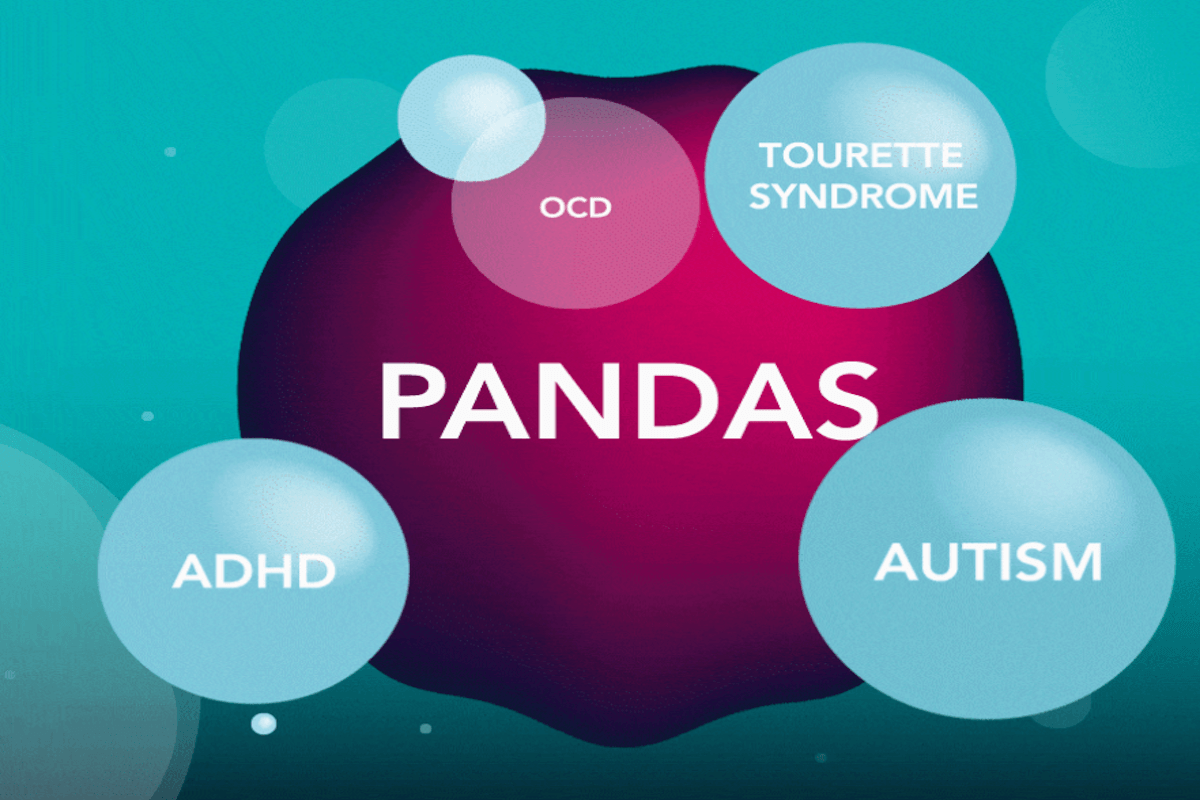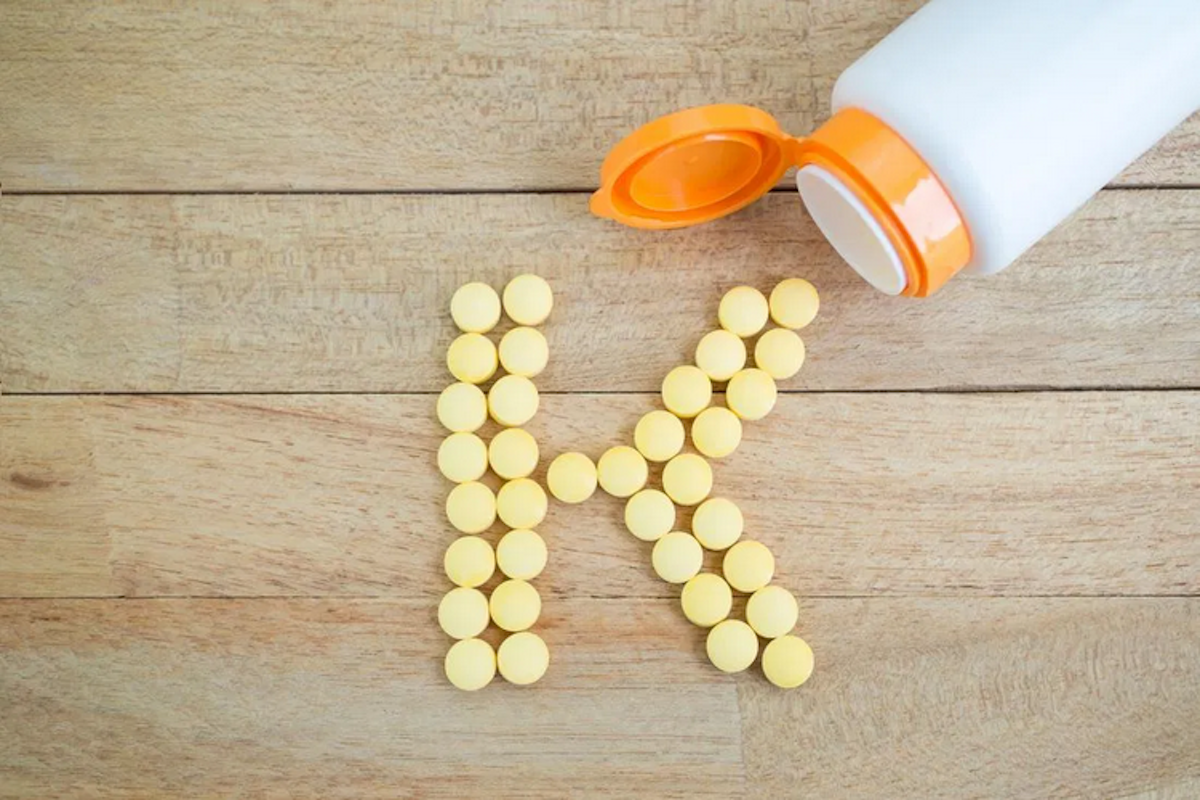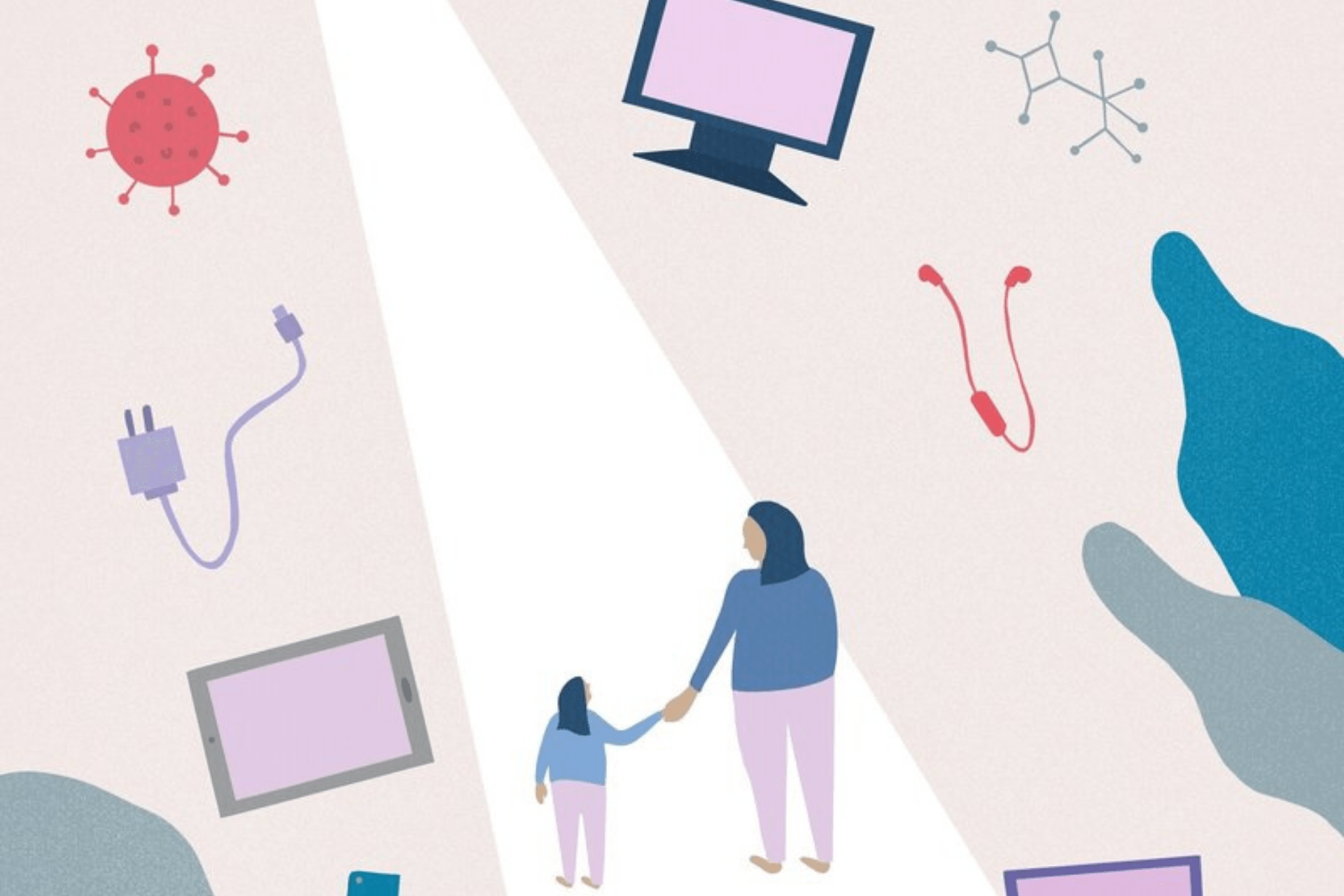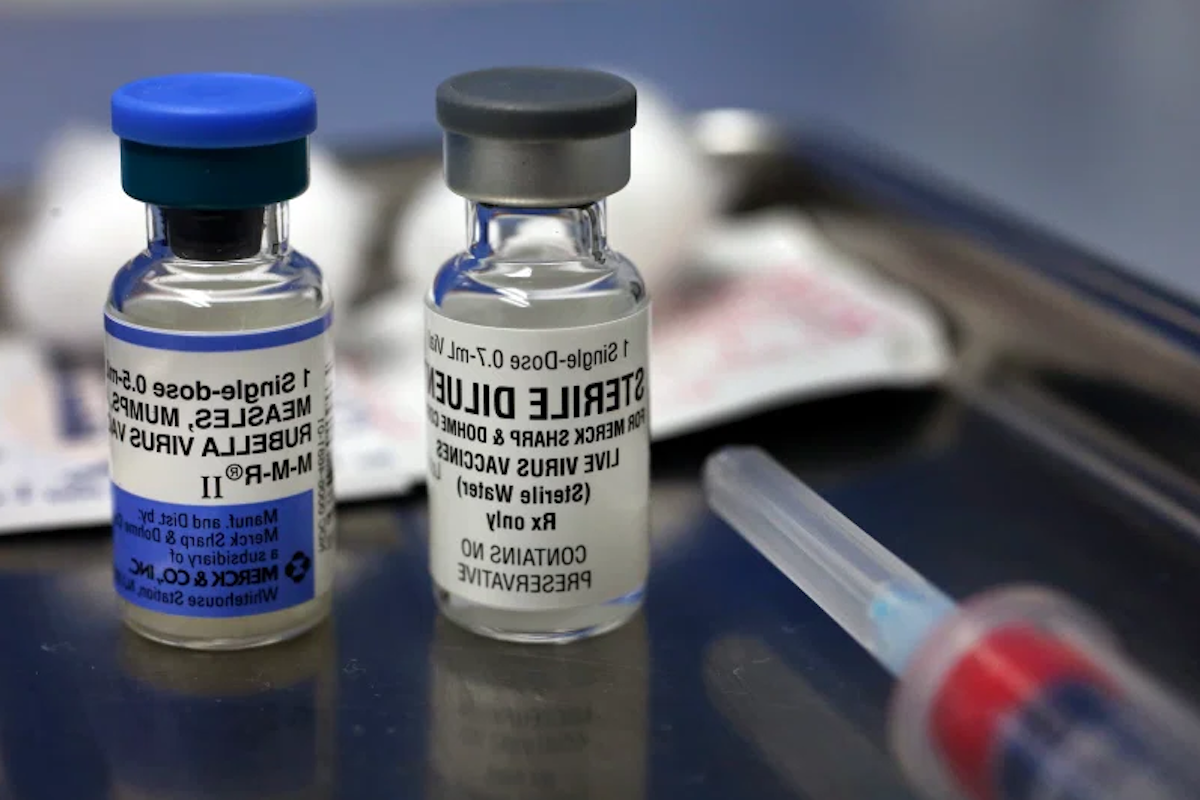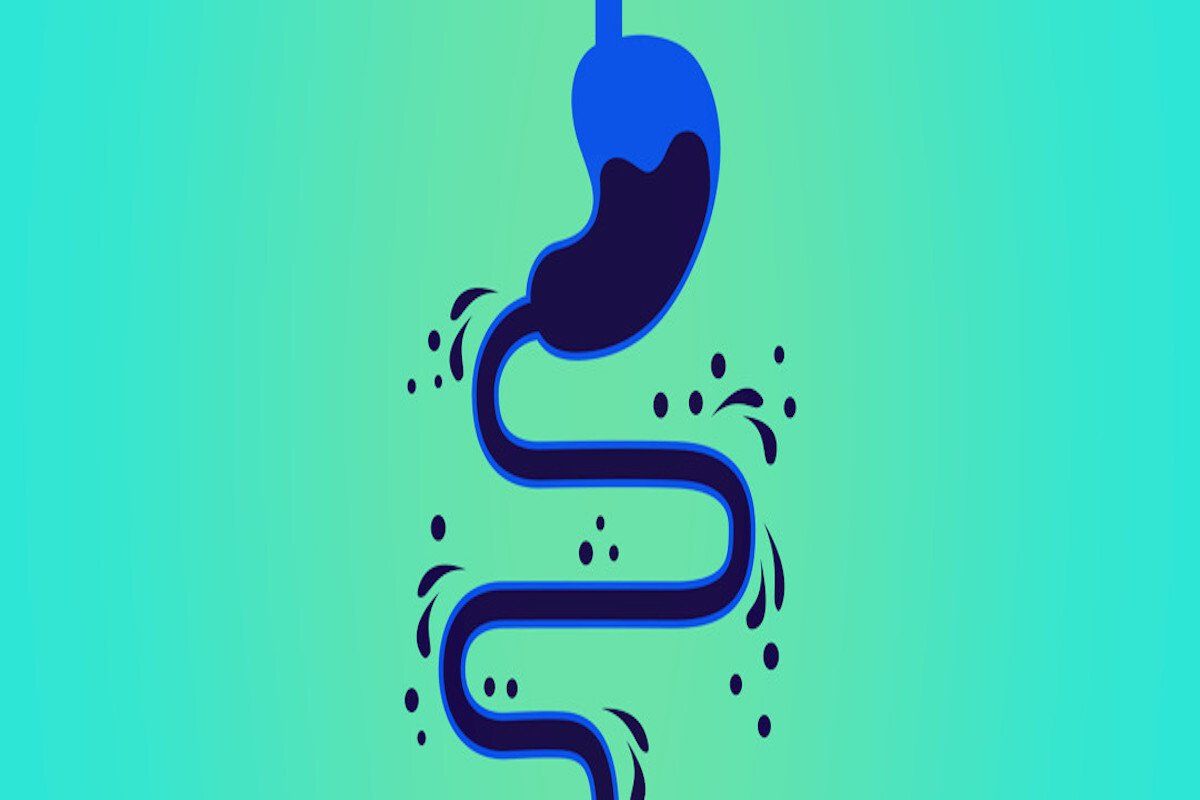Phosphatidylserine and ADHD
Phosphatidylserine and ADHD
Recently I had a parent ask me about a supplement called phosphatidylserine sometimes abbreviated as PS. She wanted to know if it might be beneficial for her child’s brain function. So what is this stuff, and can it really help kids with ADD/ADHD, autism, and learning disorders?
Phosphatidylserine is a type of fat that is found in the membranes of our cells. There are lots of different fats in our cell membranes, and this one is especially abundant in the cells of our brains and the rest of our nervous systems.
Phosphatidylserine has many roles in the brain.
- It helps keep the membranes of our brain cells healthy and fluid.
- It supports nerve growth factor (NGF), a neuropeptide that is important for brain growth, development, and maintenance.
- It is a signaling molecule, meaning it helps the cells of our brains respond to hormones, neurotransmitters, and other types of communication between cells.
- Phosphatidylserine also plays an important role in the production of dopamine (your “feel good” neurotransmitter) and acetylcholine (an important neurotransmitter for memory, focus, and reasoning skills).
With all that in mind, it’s not surprising that in studies of kids with ADHD, children who took phosphatidylserine had significant improvements in attention and focus, hyperactivity, short-term memory, and impulsivity. In fact, phosphatidylserine’s ability to improve memory, attention, and focus has been proven again and again, in dozens of studies.
In children with mild or high-functioning autism spectrum disorders, phosphatidylserine has been shown to improve cognitive function and reduce levels of the stress hormone cortisol. It has also been studied widely in adults, especially those dealing with a decline in memory and cognitive function as they age. In these studies, individuals taking phosphatidylserine have shown significant improvements in memory, mood, and cognitive function.
Phosphatidylserine’s beneficial role in autism and ADHD may also be due in part to its anti-inflammatory properties. When our cells become damaged through normal wear-and-tear, a process called apoptosis allows those worn-out cells to be removed and cleared out of the system. Often this process involves a significant amount of inflammation as those worn-out cells are tagged for removal and destroyed. Phosphatidylserine allows these cells to be removed without triggering the inflammatory process, which lowers inflammation overall.
And, as a nice bonus for you parents with athletic kids, phosphatidylserine seems to have great benefits for sports performance and recovery. Benefits include decreased muscle soreness, increased stamina, and improved accuracy and precision. In a 2010 study of young adult athletes, supplementation with 400mg/day of phosphatidylserine increased these athlete’s ability to make quick calculations and judgments by nearly 20%, while decreasing errors by 33%.
Would you like Dr.O Care’s help with your child’s ADHD?
At Dr.O Care we are always happy to set up appointments either remotely through obtainhealth.com or in-person to discuss all of the ins-and-outs of treating ADHD. As a parent of children, I understand how complicated all of these decisions can be! If you’d like to schedule an appointment, just call
904-743-2100, or click here to make an appointment online.


